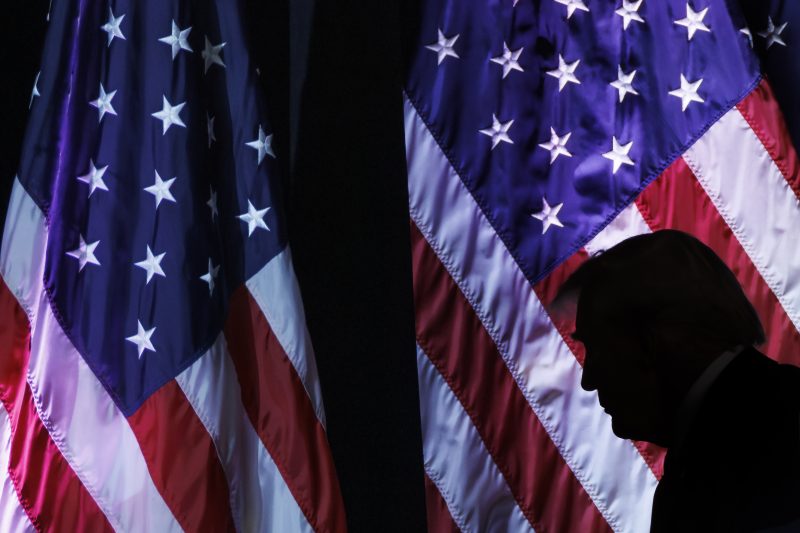In recent years, the advent of AI-driven polling methodologies has significantly impacted the way election forecasts and political analysis are conducted. The utilization of AI models, coupled with the concept of crowdsourcing data, revolutionizes the traditional polling mechanisms by providing real-time and granular insights into voter sentiments and behaviors. The intersection of AI, crowdsourcing, and unskewed polls has brought both challenges and opportunities to political campaigns and analysts alike.
AI-powered polling algorithms leverage large datasets and advanced statistical techniques to predict electoral outcomes with unprecedented accuracy. By analyzing social media trends, online sentiment, and demographic information, AI models can generate highly personalized predictions that go beyond conventional polling methodologies. This has enabled campaigns to tailor their messaging and strategies to specific voter segments, maximizing outreach and engagement.
Crowdsourcing, on the other hand, involves tapping into the collective intelligence of a diverse group of individuals to gather information and insights. Online platforms and social media have made crowdsourcing an accessible and efficient tool for collecting vast amounts of data in real-time. When applied to polling, crowdsourcing enables a more dynamic and inclusive approach to gathering voter preferences, breaking away from the limitations of traditional polling methods.
The concept of unskewed polls has gained traction in the political sphere as a means to counteract any potential biases present in mainstream polling data. Unskewed polls aim to adjust for factors such as sample composition and methodology to provide a more accurate representation of voter preferences. By incorporating AI algorithms and crowdsourced data into the process of unskewing polls, analysts can further refine their predictive models and reduce the margin of error in election forecasts.
The adoption of AI-driven crowdsourcing and unskewed polls has not been without its controversies and challenges. Critics argue that the reliance on AI models may introduce algorithmic biases or data inaccuracies that could skew election predictions. Moreover, the open nature of crowdsourcing platforms raises concerns about the validity and reliability of the data collected from anonymous contributors. Balancing the benefits of these innovative methodologies with concerns around data privacy and accuracy remains a key consideration for political analysts and campaign strategists.
As the 21st-century political landscape continues to evolve, the fusion of AI, crowdsourcing, and unskewed polls is poised to reshape the dynamics of election forecasting and voter analysis. By harnessing the power of advanced technology and collective intelligence, political stakeholders can gain deeper insights into voter behavior and preferences, enabling more targeted and effective campaign strategies. While challenges persist, the potential for AI-driven crowdsourcing and unskewed polls to enhance the accuracy and transparency of electoral predictions signals a new era of data-driven politics.
